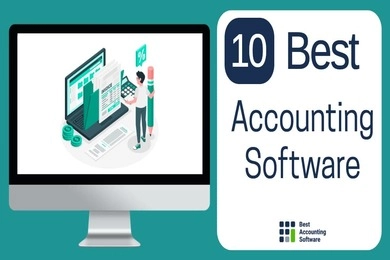Bookkeeping software for small businesses offers a range of features designed to simplify the accounting process and provide real-time insights into financial performance. One of the key advantages of using bookkeeping software is automation. These platforms automate routine tasks such as data entry, invoice generation, and bank reconciliations, saving time and reducing the risk of human error. By eliminating manual processes, entrepreneurs can focus their energy on strategic decision-making and business growth.
Moreover, bookkeeping software often integrates with other financial tools and platforms, such as banking services, payroll systems, and tax preparation software, creating a seamless financial ecosystem for small businesses. This integration facilitates data flow between different systems, reduces duplicate entries, and ensures data accuracy and consistency across the board. By centralizing financial information in one place, entrepreneurs can gain a comprehensive view of their business finances and make informed decisions based on real-time data.
Another benefit of bookkeeping software is its scalability. As small businesses grow and evolve, their financial needs become more complex. Bookkeeping software can scale with the business, accommodating increased transaction volumes, additional users, and expanded reporting requirements. Whether managing a sole proprietorship or a rapidly growing startup, entrepreneurs can find a bookkeeping solution that meets their current needs and can adapt to future growth.
Furthermore, bookkeeping software empowers small business owners with valuable financial insights and reporting capabilities. These platforms generate customizable reports, dashboards, and key performance indicators (KPIs) that provide visibility into revenue, expenses, cash flow, and profitability. By analyzing this data, entrepreneurs can identify trends, track business performance against goals, and make data-driven decisions to optimize operations and maximize profitability.
Despite the numerous benefits of bookkeeping software, some small business owners may be hesitant to adopt these tools due to concerns about cost or complexity. However, many bookkeeping software providers offer affordable pricing plans tailored to the needs of small businesses, with flexible pricing options and scalable features. Additionally, user-friendly interfaces and intuitive design make bookkeeping software accessible to entrepreneurs with varying levels of accounting knowledge and expertise.
In conclusion, bookkeeping software has revolutionized the way small businesses manage their finances, offering automation, integration, scalability, and valuable insights to entrepreneurs. By leveraging these tools, small business owners can streamline their financial processes, reduce administrative burden, and make informed decisions to drive growth and success.
